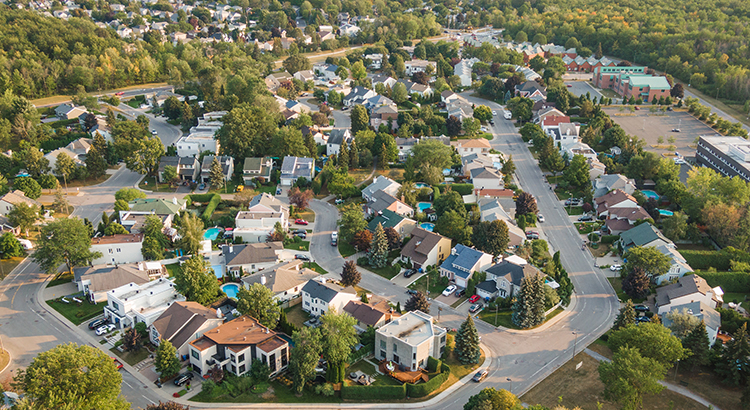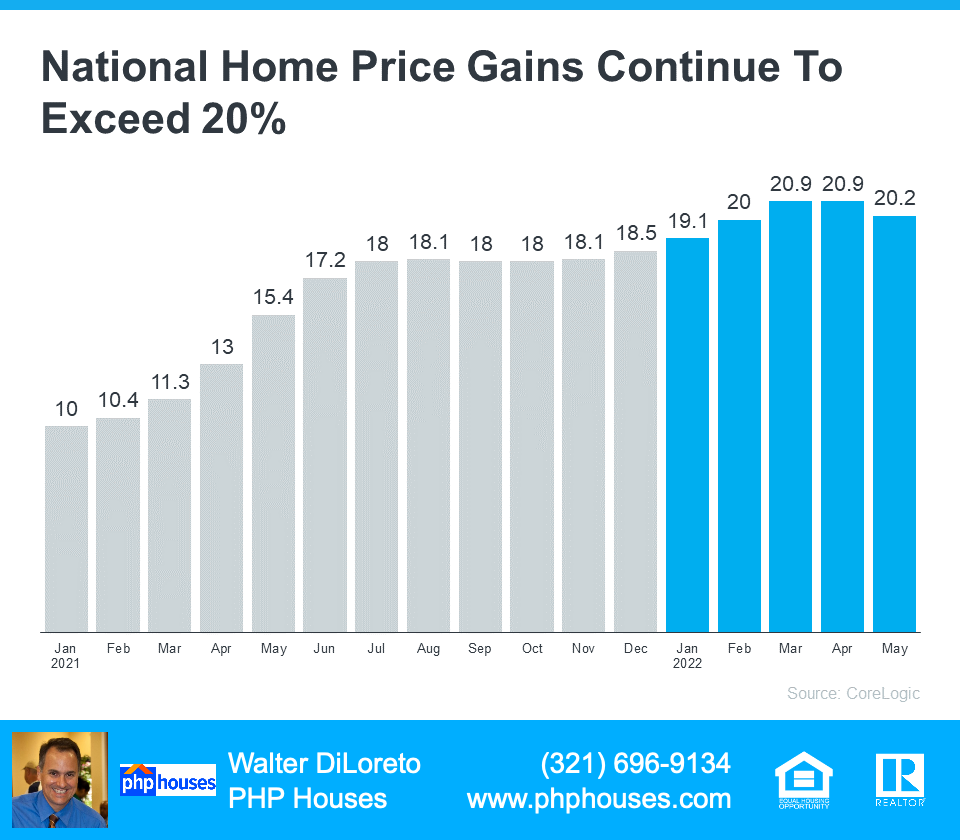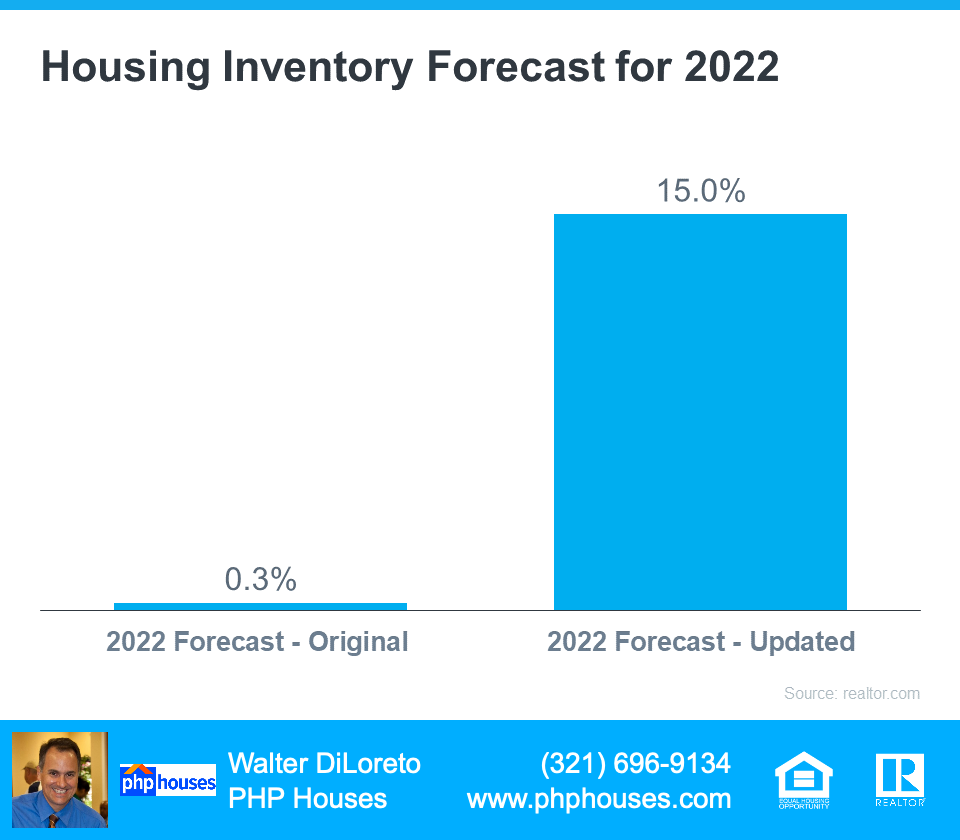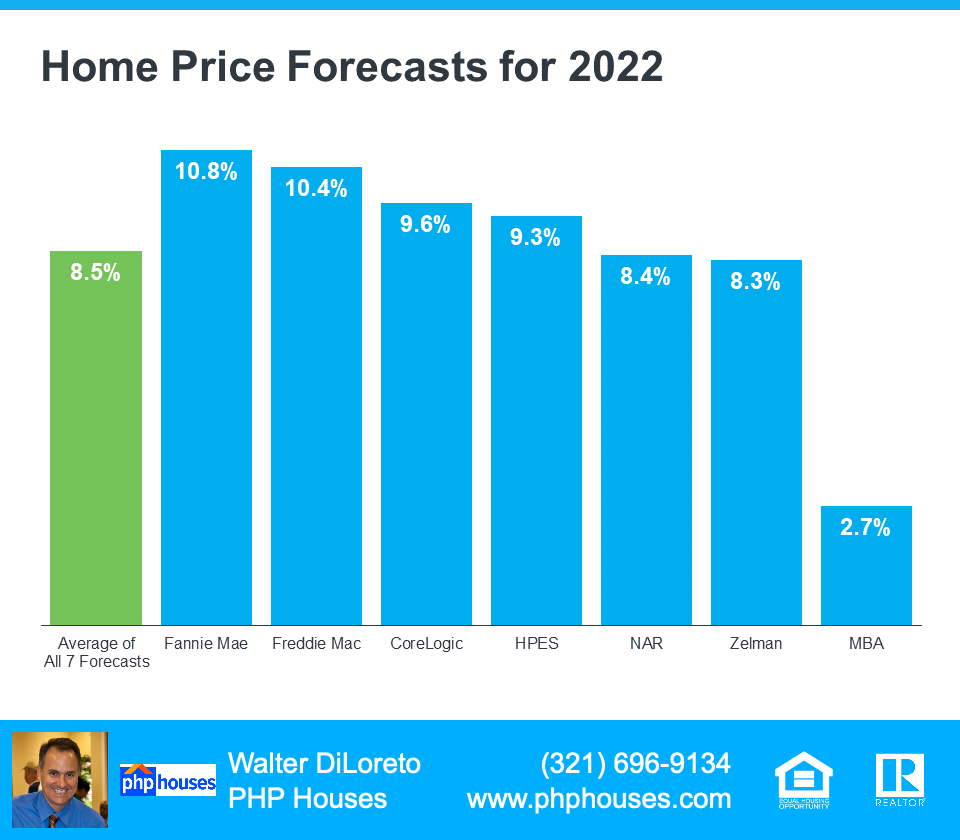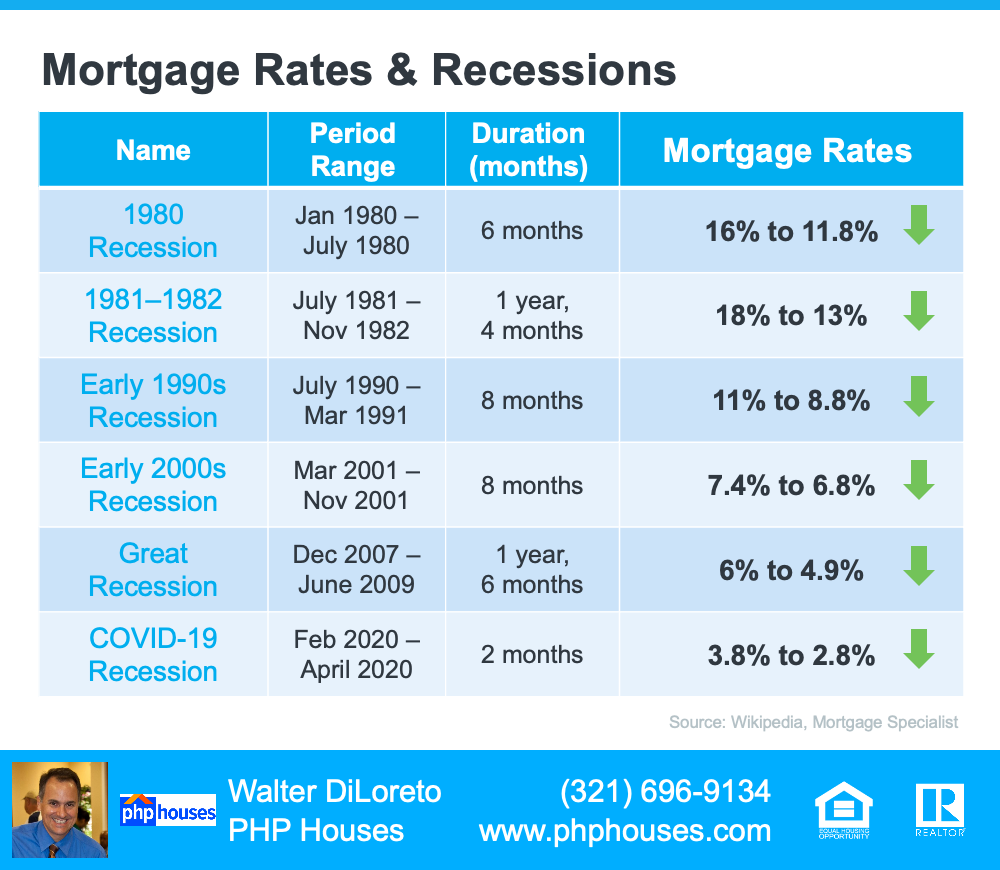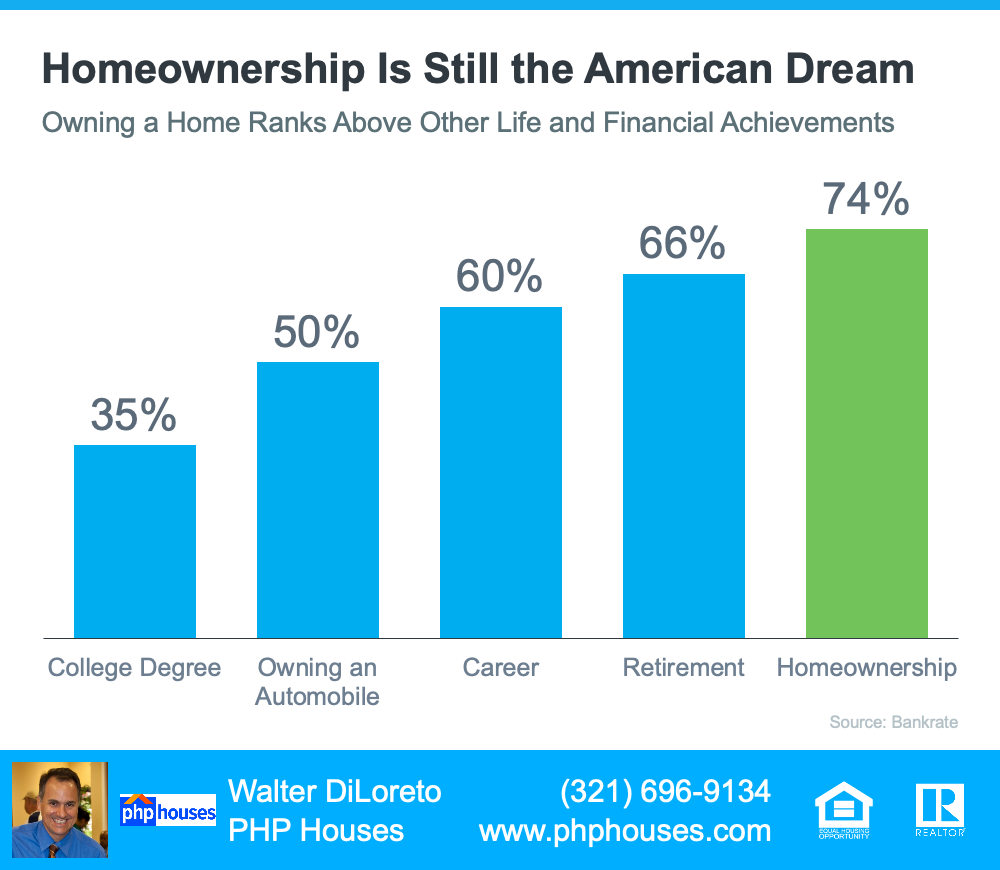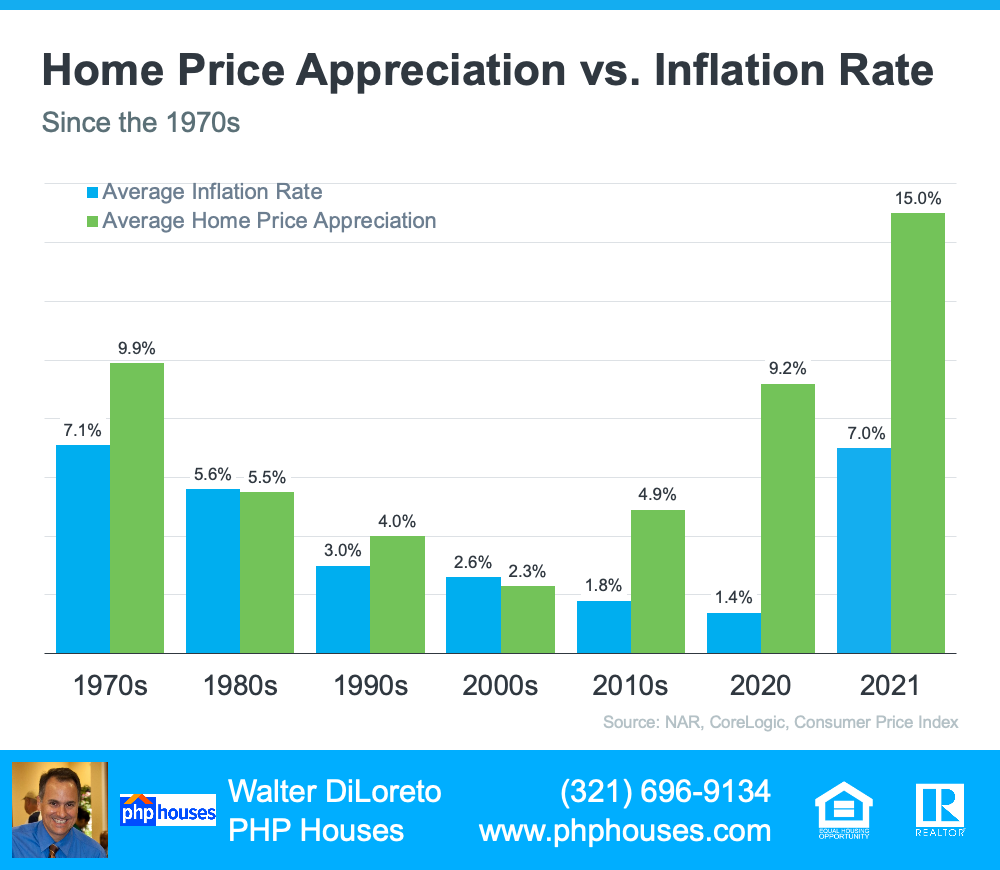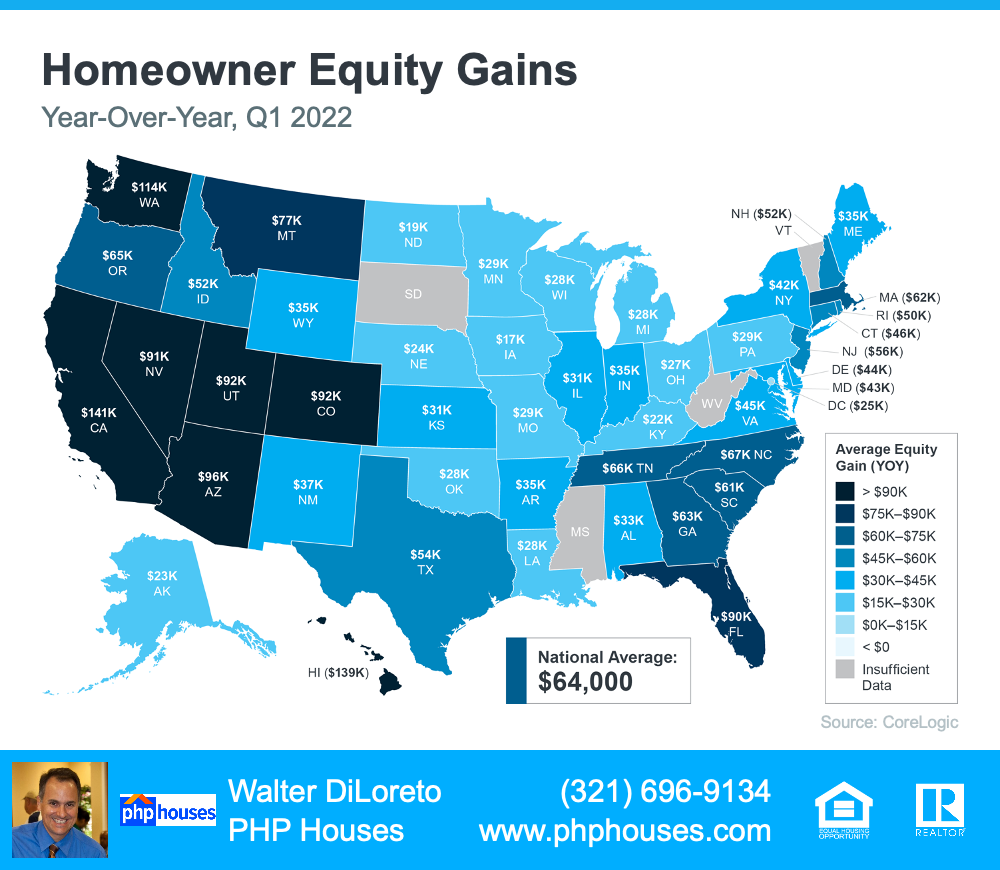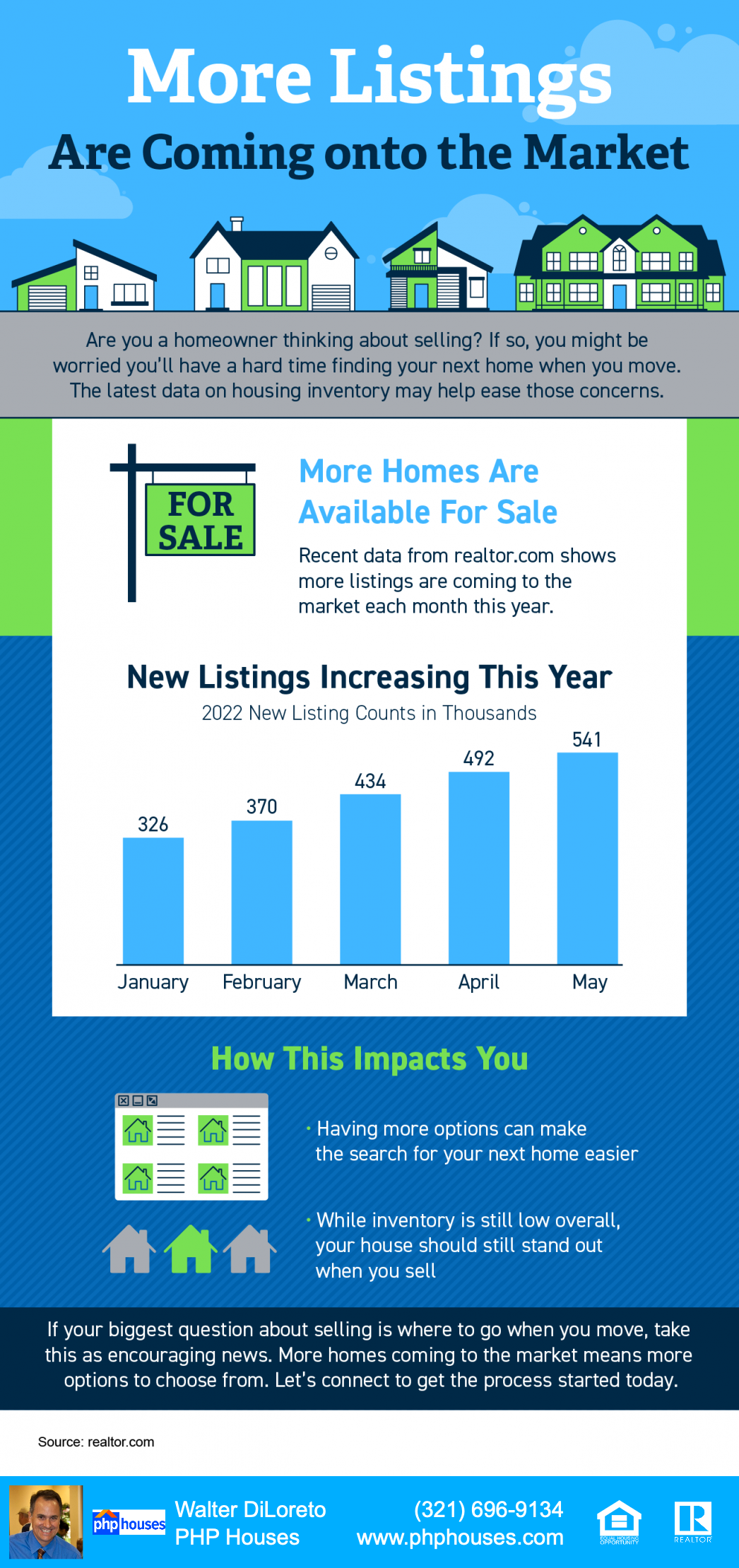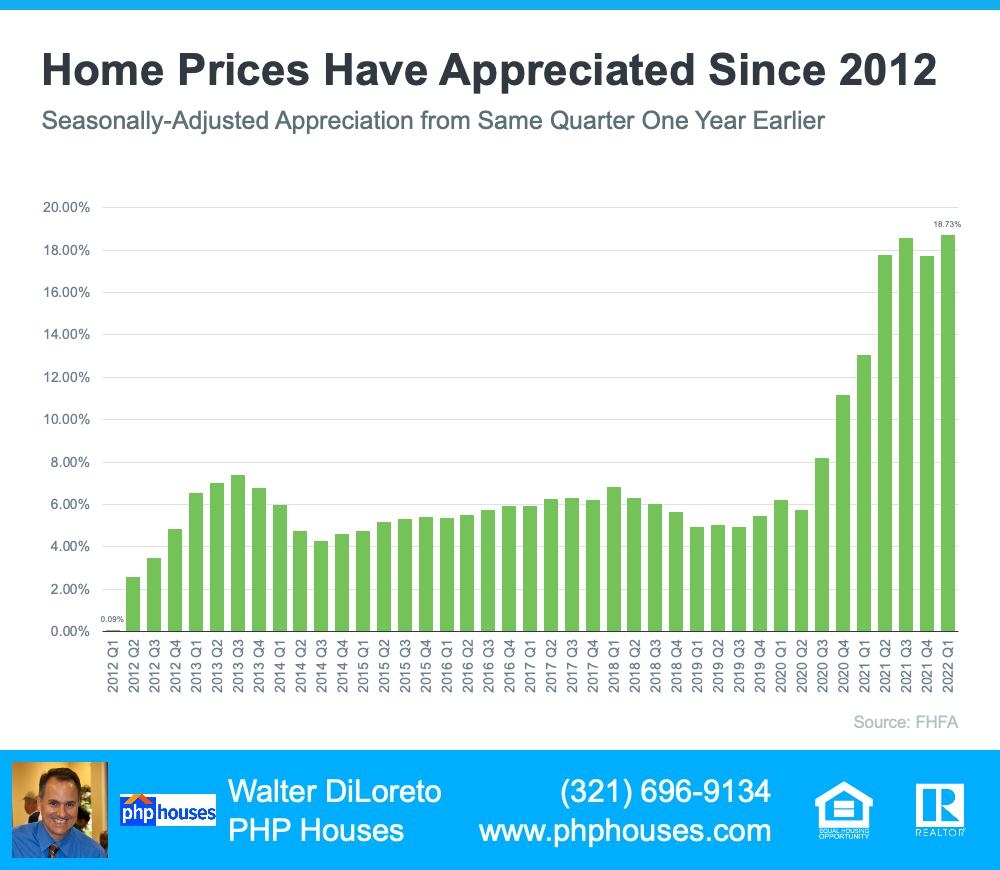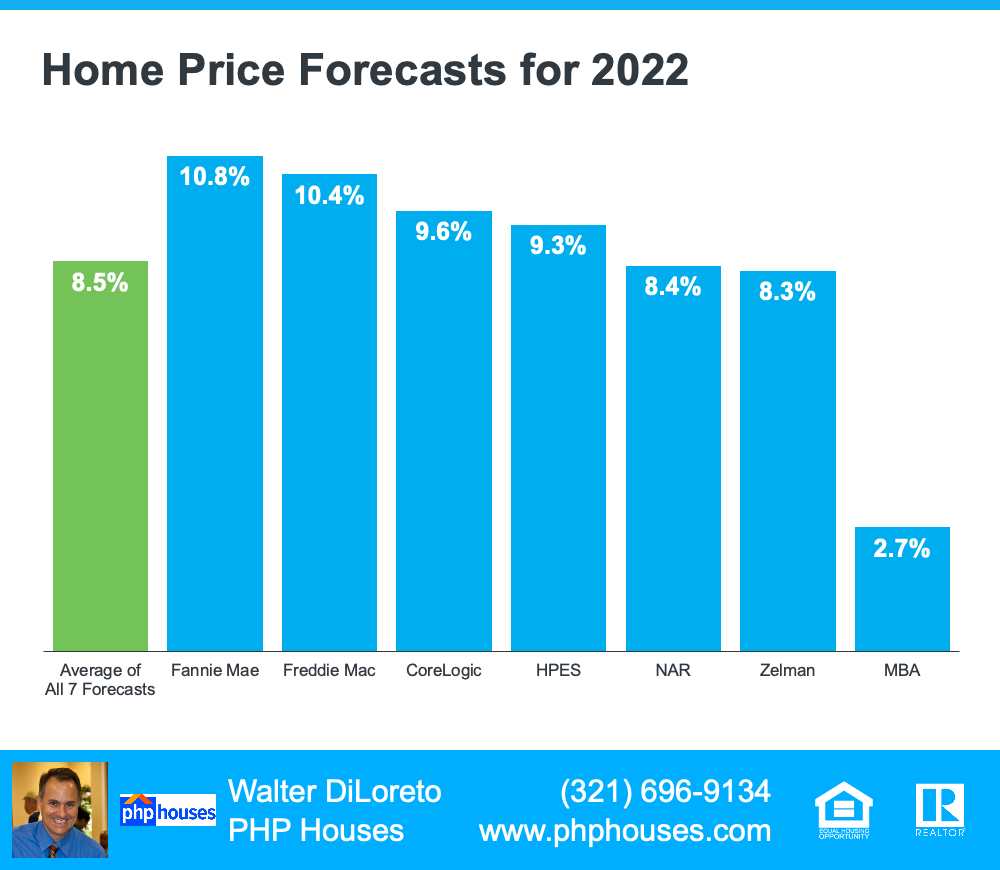
Buying a home is a major life decision. That’s true whether you’re purchasing for the first time or selling your house to fuel a move. And if you’re planning to buy a home, you might be hearing about today’s shifting market and wondering what it means for you.
While mortgage rates are higher than they were at the start of the year and home prices are rising, you shouldn’t put your plans on hold based solely on market factors. Instead, it’s necessary to consider why you want to move and how important those reasons are to you. Here are two of the biggest personal motivators driving people to buy homes today.
A Need for More Space
Moving.com looked at migration patterns to determine why people moved to specific areas. One trend that emerged was the need for additional space, both indoors and outdoors.
Outgrowing your home isn’t new. If you’re craving a large yard, more entertaining room, or just need more storage areas or bedrooms overall, having the physical space you need for your desired lifestyle may be reason enough to make a change.
A Desire To Be Closer to Loved Ones
Moving and storage company United Van Lines surveys customers each year to get a better sense of why people move. The latest survey finds nearly 32% of people moved to be closer to loved ones.
Another moving and storage company, Pods, also highlights this as a top motivator for why people move. They note that an increase in flexible work options has helped many homeowners make a move closer to the people they care about most:
“. . . a shifting of priorities has also affected why people are moving. Many companies have moved to permanent remote working policies, giving employees the option to move freely around the country, and people are taking advantage of the perk.”
If you can move to another location because of remote work, retirement, or for any other reason, you could leverage that flexibility to be closer to the most important people in your life. Being nearby for caregiving and being able to attend get-togethers and life milestones could be exactly what you’re looking for.
What Does That Mean for You?
If you’re thinking about moving, one of these reasons might be a top motivator for you. And while what’s happening with mortgage rates and home prices in the housing market today will likely play a role in your decision, it’s equally important to make sure your home meets your needs. Like Charlie Bilello, Founder and CEO of Compound Capital Advisors, says:
“Your home is your castle and should confer benefits beyond just the numbers.”
Bottom Line
There are many reasons why people decide to move. No matter what the reason may be, if your needs have changed, let’s connect to discuss your options in today’s housing market.
Contact us:
PHP Houses
142 W Lakeview Ave
Unit 1030
Lake Mary, FL 32746
Ph: (407) 519-0719
Fax: (407) 205-1951
email: info@phphouses.com
Let’s Connect:
Facebook
Linkedin
Twitter
Instagram
The information contained, and the opinions expressed, in this article are not intended to be construed as investment advice. The author does not guarantee or warrant the accuracy or completeness of the information or opinions contained herein. Nothing herein should be construed as investment advice. You should always conduct your own research and due diligence and obtain professional advice before making any investment decision. The author will not be liable for any loss or damage caused by your reliance on the information or opinions contained herein.
